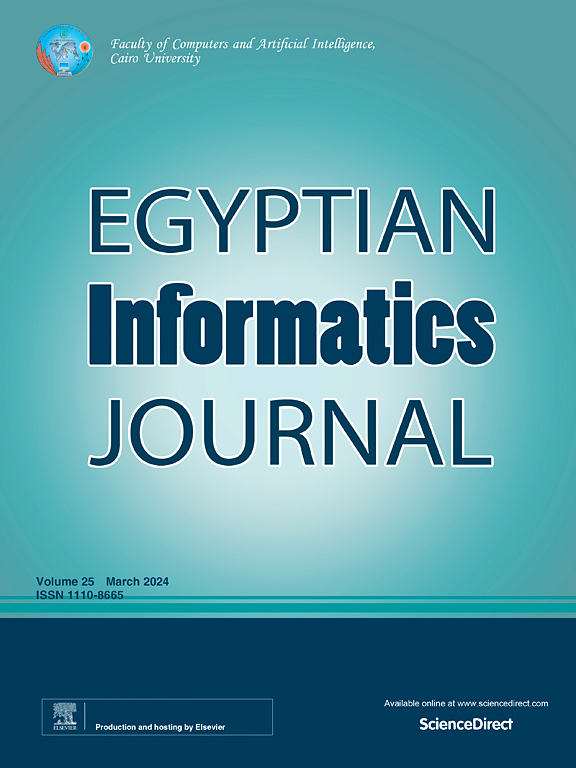一种新的混合模糊逻辑和联邦学习框架,用于增强物联网支持的元交易中的网络安全和欺诈检测
IF 4.3
3区 计算机科学
Q1 COMPUTER SCIENCE, ARTIFICIAL INTELLIGENCE
引用次数: 0
摘要
物联网(IoT)与虚拟环境(如Metaverse)的日益融合为技术的适用性开辟了新的途径,但在安全和欺诈检测方面面临着严峻的挑战。大多数现有框架都无法在分散的、资源受限的环境中有效地管理信任和检测欺诈活动。本文提出了一种新的网络安全框架,该框架将基于混合模糊逻辑的信任管理与分散的联邦学习模型相结合。所提出的方法在运行时使用模糊逻辑在元空间的动态条件下评估和管理以维护信任程度。优化的物联网设备联邦学习模型实现了具有分层聚合的轻量级算法,减少了计算和通信开销,增强了欺诈检测能力。针对Onoff攻击、Whitewashing攻击、DDOS攻击、Bad Mouthing攻击等不同攻击场景进行性能评估。观察到,与现有方法相比,所提出的方法在低网络场景下的信任得分值达到0.93,表现更好。它将计算能耗降低了25%,从而证明了该框架在支持物联网的Metaverse环境中进行欺诈检测的有效性和强度。本文章由计算机程序翻译,如有差异,请以英文原文为准。
A novel hybrid fuzzy logic and federated learning framework for enhancing cybersecurity and fraud detection in IoT-enabled metaverse transactions
Increasing integration of the Internet of Things (IoT) with virtual environments like the Metaverse has opened up new avenues in the applicability of technologies but faces severe challenges to security and fraud detection. Most of the existing frameworks are incapable of efficiently managing trust and detecting fraudulent activities in a decentralized, resource-constrained environment. In this article, a novel framework of cybersecurity is proposed that integrates hybrid fuzzy logic-based Trust Management with a decentralized model of Federated Learning. The proposed approach assesses and manages at runtime to maintain the degree of trust using fuzzy logic in dynamic conditions of the Metaverse. The optimized federated learning model for IoT devices implements lightweight algorithms with hierarchical aggregation that reduce computational and communication overhead to enhance fraud detection capabilities. The performance evaluation is conducted on different attack scenarios like , Whitewashing, DDOS, and Bad Mouthing attacks. It is observed that the proposed approach performs better in comparison with existing approaches by achieving a 0.93 trust score value in low-network scenarios. It reduces computational energy consumption by 25%, thus proving the effectiveness and strength of the framework in fraud detection within IoT-enabled Metaverse environments.
求助全文
通过发布文献求助,成功后即可免费获取论文全文。
去求助
来源期刊

Egyptian Informatics Journal
Decision Sciences-Management Science and Operations Research
CiteScore
11.10
自引率
1.90%
发文量
59
审稿时长
110 days
期刊介绍:
The Egyptian Informatics Journal is published by the Faculty of Computers and Artificial Intelligence, Cairo University. This Journal provides a forum for the state-of-the-art research and development in the fields of computing, including computer sciences, information technologies, information systems, operations research and decision support. Innovative and not-previously-published work in subjects covered by the Journal is encouraged to be submitted, whether from academic, research or commercial sources.
 求助内容:
求助内容: 应助结果提醒方式:
应助结果提醒方式:


